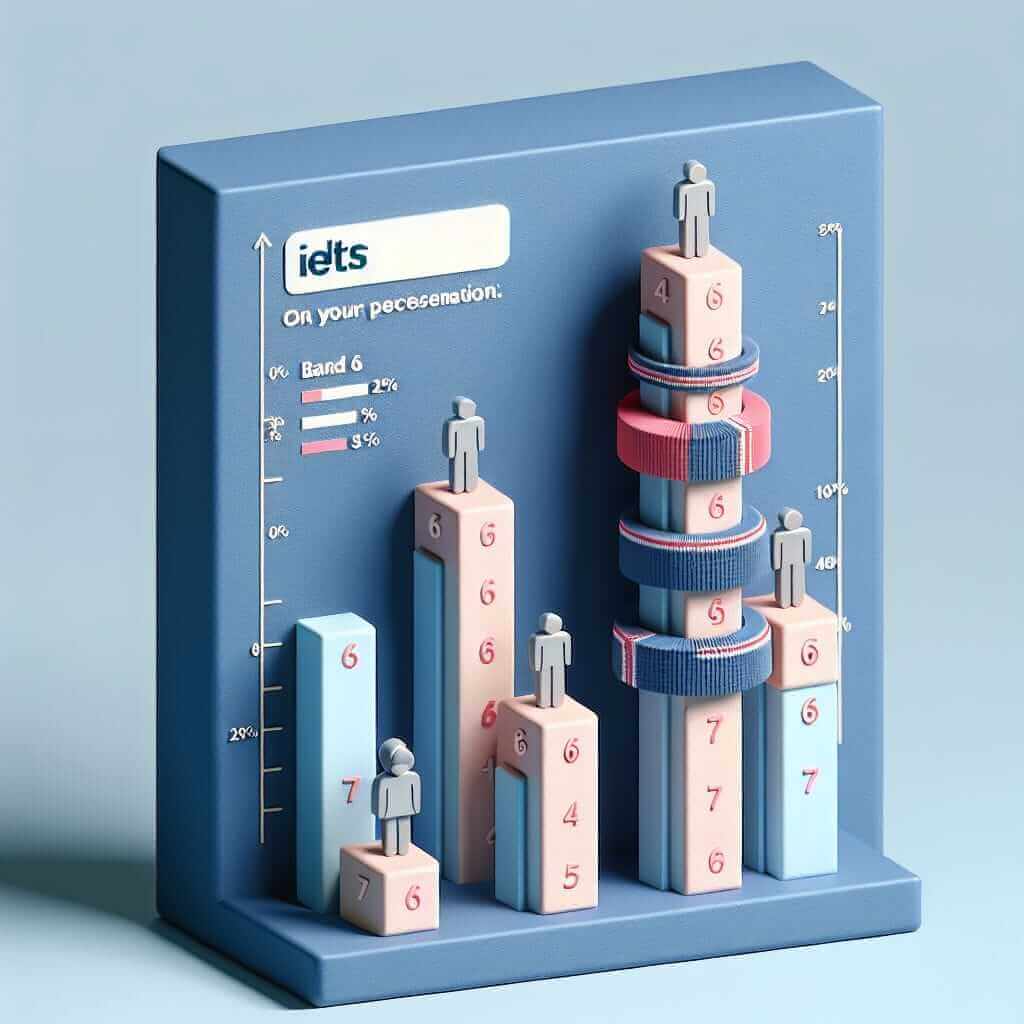For over two decades, I’ve helped countless students navigate the intricacies of the IELTS, particularly the Speaking section. A question I encounter frequently is, “What percentage of candidates achieve a band 7.0?” It’s a valid question, often fueled by a mix of curiosity and the desire to gauge one’s standing in the global pool of test-takers. While pinpointing an exact percentage is tricky, I’m here to provide clarity and insights based on my extensive experience.
Understanding the IELTS Band 7.0
Before delving into the statistics, let’s establish what a band 7.0 signifies. In the IELTS, a 7.0 reflects a “good user” of English. This means you can handle complex language effectively, demonstrate good grammatical control, and communicate your ideas clearly, even if minor inaccuracies occur.
The Elusive Percentage and What Influences It
The percentage of candidates scoring a 7.0 fluctuates each year and isn’t publicly released by the IELTS organizations (British Council, IDP, Cambridge Assessment English). However, it’s safe to say that achieving this band score is a significant accomplishment. Several factors contribute to this:
- Global Candidate Pool: The IELTS attracts a diverse range of test-takers with varying levels of English proficiency.
- Test Version and Location: Slight variations exist between IELTS Academic and General Training tests, potentially influencing results.
- Individual Preparedness: The amount and quality of preparation play a crucial role in an individual’s performance.

Focusing on What You Can Control
While the exact percentage of candidates achieving a 7.0 remains unknown, fixating on it can be counterproductive. Instead, channel your energy into what you can control: your preparation.
Tips to Enhance Your Performance:
- Consistent Practice: Regularly engage with all four IELTS skills: Listening, Reading, Writing, and Speaking.
- Master Test Format: Familiarize yourself thoroughly with the test format, timings, and question types.
- Seek Feedback: Have an experienced IELTS tutor or teacher evaluate your practice tests and provide constructive criticism.
- Refine Your Strategies: Develop effective time management strategies for each section and practice applying them.
Conclusion: Aim High and Prepare Strategically
While the precise percentage of candidates achieving a 7.0 on the IELTS remains undisclosed, remember that your score is a reflection of your individual efforts. By focusing on dedicated preparation, refining your English skills, and understanding the test’s demands, you significantly increase your chances of reaching your desired band score.